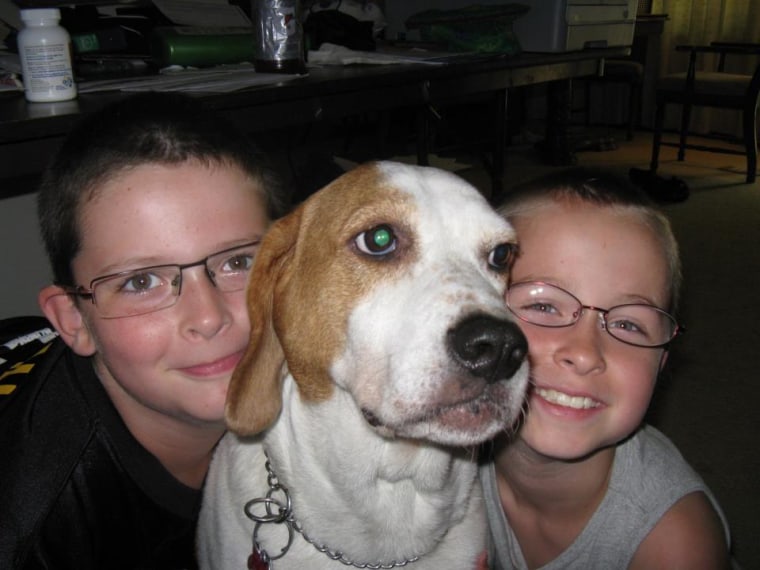Most babies are born at night, right? Turns out a new study is busting that birth myth.
New babies actually tend to arrive just in time for breakfast. A new report from the Center for Disease Control and Prevention’s Center for Health Statistics reveals more babies in the U.S. are born during daylight hours, usually between 8 a.m. and noon.

The CDC report, which covered about 90 percent of birth certificate data from 2013, examined the timing of deliveries, comparing spontaneous labors, induced labors, cesarean sections and out of hospital births. The CDC began tracking data on time of day for births in 2003.
The most popular baby names of 2014 are ...
In the new report, researchers found:
- Tuesday was the most common birth day, followed by Monday.
- Births on Saturday and Sunday were more likely to occur in the late evening and early morning hours than births Monday through Friday.
- The highest percentage of births were at 8 a.m. and noon.
- Babies delivered out of the hospital mostly arrived in the early morning hours, between 1 a.m. and 4:59 a.m — the quietest hours for in-hospital births, which make up 98 percent of all births in the U.S.
Demographer TJ Mathews, who compiled the data for the CDC, said his team plans to do a more detailed analysis and use it to increase awareness in the medical community.
Why is the time of day a baby is born important?
Some might wonder if birth time determines whether someone is a night owl or early bird. “Whether it’s light or dark out, it would be kind of interesting to look at,” said Mathews. “What does it mean? If more babies are born at 8 a.m., will they be 8 a.m. people?”
In astrology, birth time is significant and indicates the path of a child’s destiny in matters of love, happiness and money.
But in terms of science, the CDC report might be good news: Stanford University researchers looked at the births of more than 3.3 million babies born between 1992 and 1999 in California. Those born at night were 12 to 16 percent more likely to die within the first 28 days.
Another 2003 Swedish study found night babies were more vulnerable, citing as a reason possible hospital shift changes. A German study with similar results cited fatigue among medical staff.
Dr. Michael R. Berman, medical director of labor and delivery at New York City’s Mount Sinai Beth Israel Hospital, said the rise in daytime births is associated with scheduled C-sections, which are largely done in the morning hours.
This CDC data, he said, “can be helpful for the planning of staffing on the labor and delivery floors and in neonatal intensive care units to improve patient safety and optimize outcomes.”
Dr. Astrid Jain, an OB-GYN at Carolinas Medical Center in Charlotte, North Carolina, acknowledges day shifts are busier, but said birthing time doesn’t always have “any rhyme or reason to it. …Meaning you never know what you're going to get when you head in to labor and delivery.”
“We almost laugh when we try to plan our day,” Jain said. “Because you know the part of the wonderful part of labor of delivery is that there is no plan.”
While birth times matter for staffing and possible patient safety, new parents may look for meaning in the time of a baby's arrival, suggests Deborah L. Best, professor of psychology at Wake Forest University in North Carolina.
“Filling in the unknowns helps new parents deal with the many uncertainties surrounding the birth," Best said.
One mom thinks birth times could have some significance.

“I've had one kiddo born at night and one during the day,” said mom blogger Miranda Gargasz, 41, of Elyria, Ohio. “My nighttime guy is much happier and more open than my daytime guy. Other than that, their personalities match their dad. Almost exactly.”